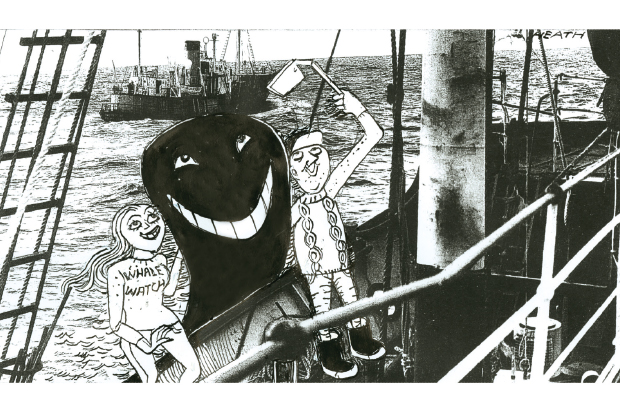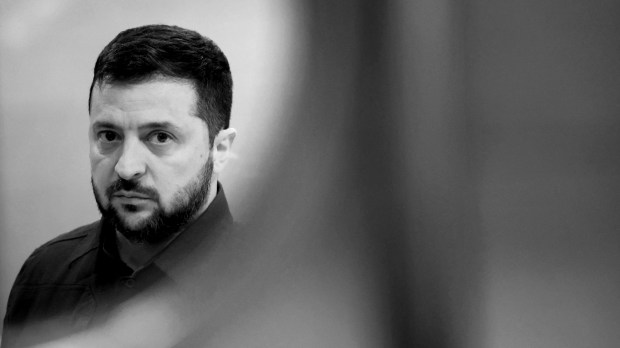Listen
Last week a sperm whale was beached at Hunstanton in Norfolk and there was much horrified concern.
A terrible sight, lying there like a small cottage on the immensity of the beach, 46 feet long and 30 tons, surrounded by rescue workers from British Divers Marine Rescue and Hunstanton Sea Life Sanctuary who were dousing the whale with water to try and keep it going, but to no avail.
Already a subscriber? Log in
Subscribe for just $2 a week
Try a month of The Spectator Australia absolutely free and without commitment. Not only that but – if you choose to continue – you’ll pay just $2 a week for your first year.
- Unlimited access to spectator.com.au and app
- The weekly edition on the Spectator Australia app
- Spectator podcasts and newsletters
- Full access to spectator.co.uk
Or
Unlock this article
You might disagree with half of it, but you’ll enjoy reading all of it. Try your first month for free, then just $2 a week for the remainder of your first year.














Comments
Don't miss out
Join the conversation with other Spectator Australia readers. Subscribe to leave a comment.
SUBSCRIBEAlready a subscriber? Log in